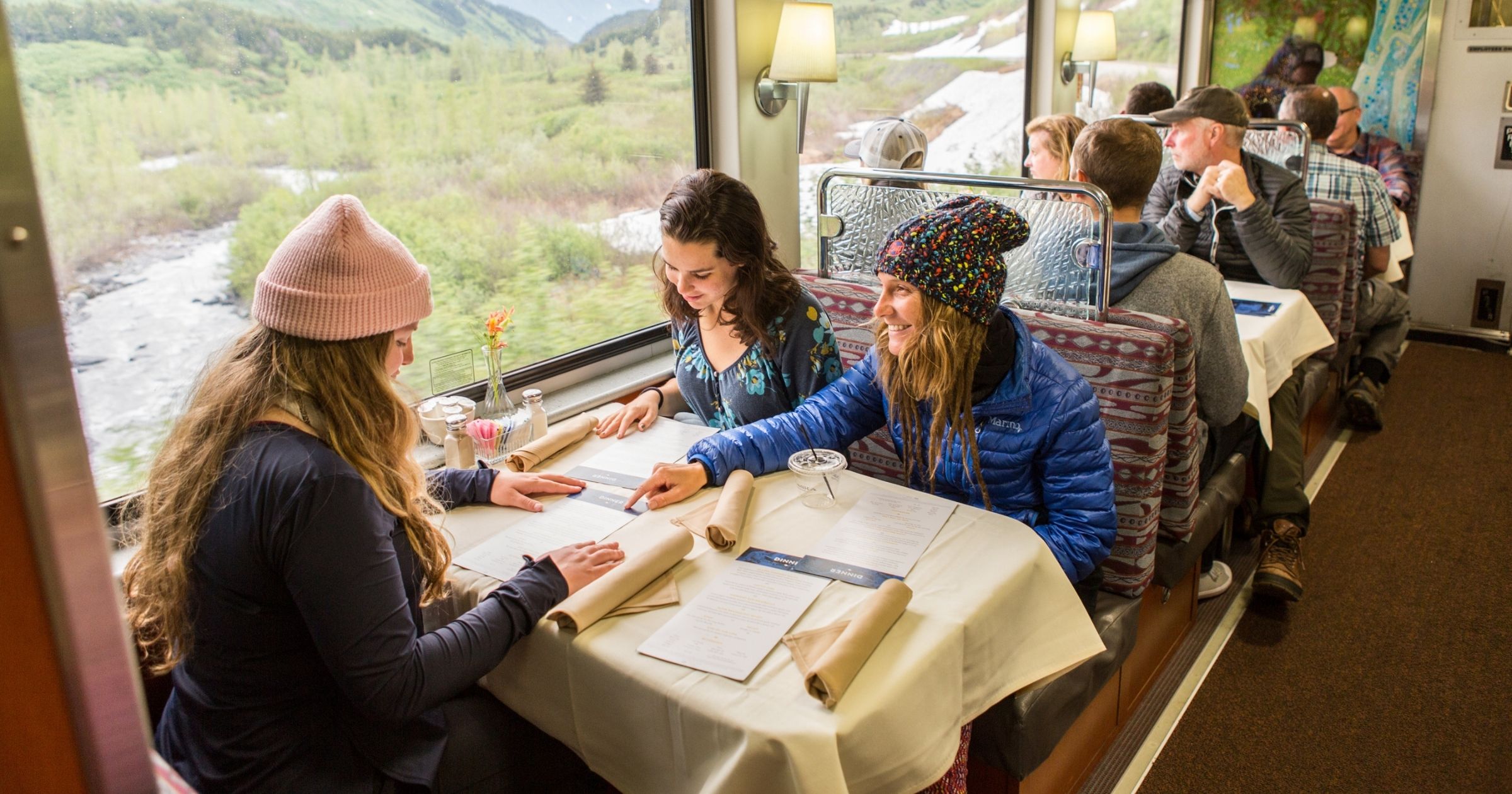5 Civil Rights Movement Sites in Alabama
The U.S. Civil Rights Trail launched earlier this year—a comprehensive collection of more than 100 churches, courthouses, schools, museums, and other landmarks across 14 states that tell the unified story of the civil rights movement's people and places.
No state on the trail identifies more sites than Alabama.
Storied leaders changed the course of history in Alabama's cities during the 1950s and 1960s. Here are five must-see sites to visit during Black History Month and all year round.
Civil Rights Memorial Center
The names of martyrs are engraved into the black granite of the Civil Rights Memorial, which was created by Vietnam Memorial architect Maya Lin. Sponsored by the Southern Poverty Law Center located in Montgomery, the memorial is a tribute to those who died in the civil rights struggle between 1954 and 1968. The center offers exhibits, educational activities and materials.
National Voting Rights Museum and Institute
After President Lyndon Johnson signed the Voting Rights Acts in 1965, nearly 7,000 African-Americans registered to vote in Dallas County—resulting in the election defeat of the segregationist sheriff who led the Bloody Sunday attack on marchers. Not far from the site of the attack, the National Voting Rights Museum and Institute in Selma displays items and stories relating to the voting rights campaign.
Rosa Parks Museum
The Rosa Parks Museum is located at the site of its namesake's famous arrest in Montgomery. The museum focuses on Rosa Parks' story and place in the civil rights movement, and features a restored bus and other artifacts.
Selma to Montgomery National Historic Trail
Named a National Historic Trail in 1966, the 54-mile path between Selma and Montgomery marks the same route activists took March 21 – 25, 1965. It begins at the Selma Interpretive Center, right at the foot of the Edmund Pettus Bridge—the site of Bloody Sunday.
16th Street Baptist Church
Despite a tragic past, 16th Street Baptist Church is still today an active church in the Birmingham community. During the civil rights movement, the church served as a meeting place for the organization of marches and other civil rights activities. It was bombed in 1963, resulting in the death of four young girls: Addie Mae Collins, Cynthia Wesley, Denise McNair and Carole Robertson.
Discover more sites at United States Civil Rights Trail.
Written by Cassie Westrate, staff writer for Groups Today.
Photo Courtesy of the U.S. Civil Rights Trail.



